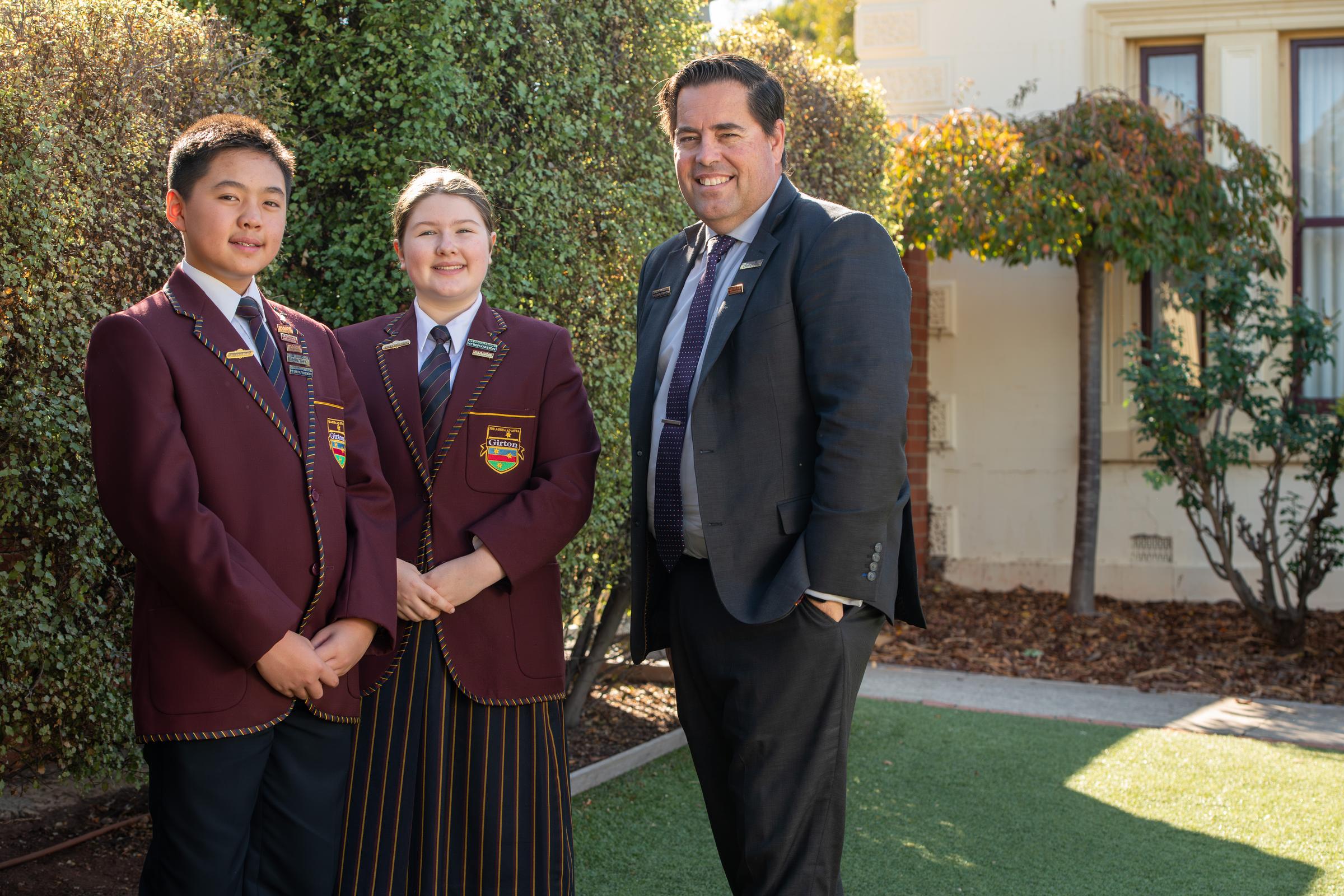From the Head of Junior School

Earlier in the year, I wrote about the improvement journey that the Junior School has undertaken over the last two years. Our school is constantly looking to improve. Where our programs are good, we want them to be great; where they are great, we strive for excellent; and where they are excellent, we want them to be outstanding.
We have many strengths as a school: our inclusive culture, our breadth of offerings, our highly renowned and respected emotional intelligence approach, and our excellent music and performing arts programs. Are we a perfect school? We are not. To say that we are perfect would imply that no improvement is necessary, but there are always aspects to be improved.
Currently, we are focused on improving our academic outcomes through implementing practices that build on the science of learning. Your children may have spoken about the mini-whiteboard routines that they are using in their classrooms. These routines are designed to allow students to show their understanding quickly and allow teachers to check their understanding at a glance. I have previously spoken about the introduction of Spelling Mastery as an explicit, direct instruction model for teaching spelling. We are also incorporating explicit, low-variance instruction across other subject areas, including English, maths and humanities.
These lessons are often fast-paced and incorporate interleaving, where related concepts are interspersed or alternated rather than taught in blocks, and spaced repetition or multiple exposures, where concepts are covered multiple times across the term. Initially, the fast pacing of the lessons can require some adjustment from students, but the multiple exposures or spaced repetitions that are structured into the lessons ensure that, over time, they build their confidence.
Another improvement that has been introduced this year is the explicit teaching of writing structures and writing skills. Key staff have been trained in the Hochman method and have been using this in their year levels. In Semester 2, these staff will be introducing the method across the Junior School. The aim of this method is to explicitly teach the technical structures of writing, beginning in the lowest years of primary school.
Our drive for improved academic outcomes has not been borne out of poor academic performance. Our preliminary NAPLAN results for 2025 are good, with large percentages of our Year 3 and 5 cohorts being scored in their learning proficiencies as strong or exceeding. We will continue seeking ways to make these good results excellent!
Preliminary NAPLAN Results 2025
Year 3 (50 participants)
Grammar and Punctuation: 72% Strong or Exceeding
Numeracy: 78% Strong or Exceeding
Reading: 78% Strong or Exceeding
Spelling: 74% Strong or Exceeding
Year 5 (69 participants)
Grammar and Punctuation: 84% Strong or Exceeding
Numeracy: 93% Strong or Exceeding
Reading: 93% Strong or Exceeding
Spelling: 77% Strong or Exceeding
Mr Donald Thompson
Head of Junior School
